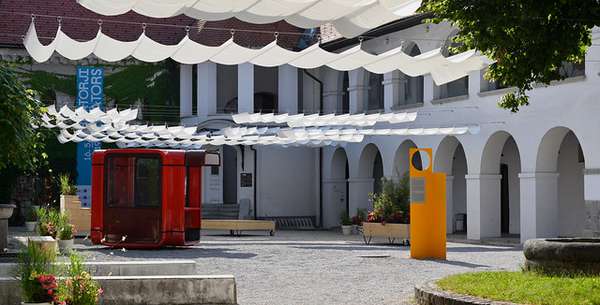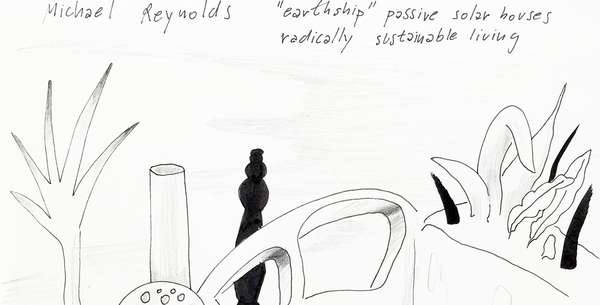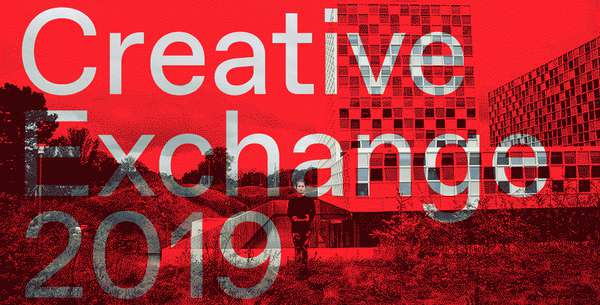Idea by
Marco Ferrari, Cristina Gallizioli, Maria Giulia Milani
Spaces like Actions
Call for ideas 2019
Spaces like Actions
Spaces like Actions
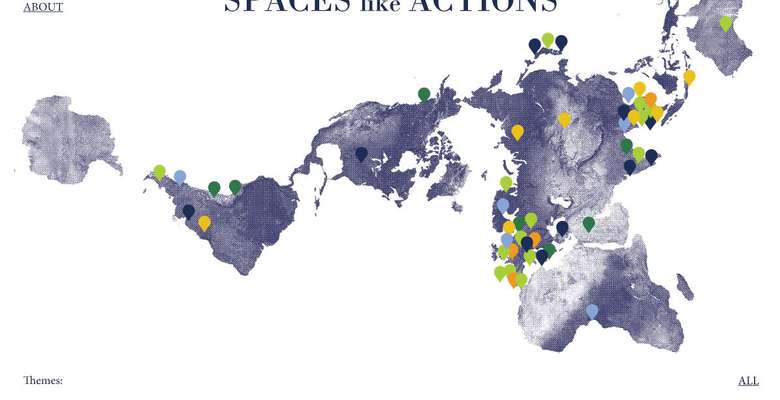
- Systemic changes
Our globalized living standard, embodied by the average spatial formulation found in an IKEA catalogue, is flattening a range of specific architectural expressions, overlooking some truly innovative spaces which still resist cultural uniformity. Spaces like Actions is a collective global research aimed at building an atlas of all this different, untranslatable spatial ideas, an archive of cultural inventions which differ from the standard by use, meaning or configuration. Each culture responded to the same basic needs with a set of own actions and behaviors linked to the development of specific spaces embodying a meaning, involving a cultural story beyond their simple appearance. There is not just one way of doing things, but a world of spatial inventions to be explored: our aim is to release the imaginative potential of alternatives and different spatial possibilities, illuminating a multitude of possible living models able to enrich architecture with their variety and different ways.
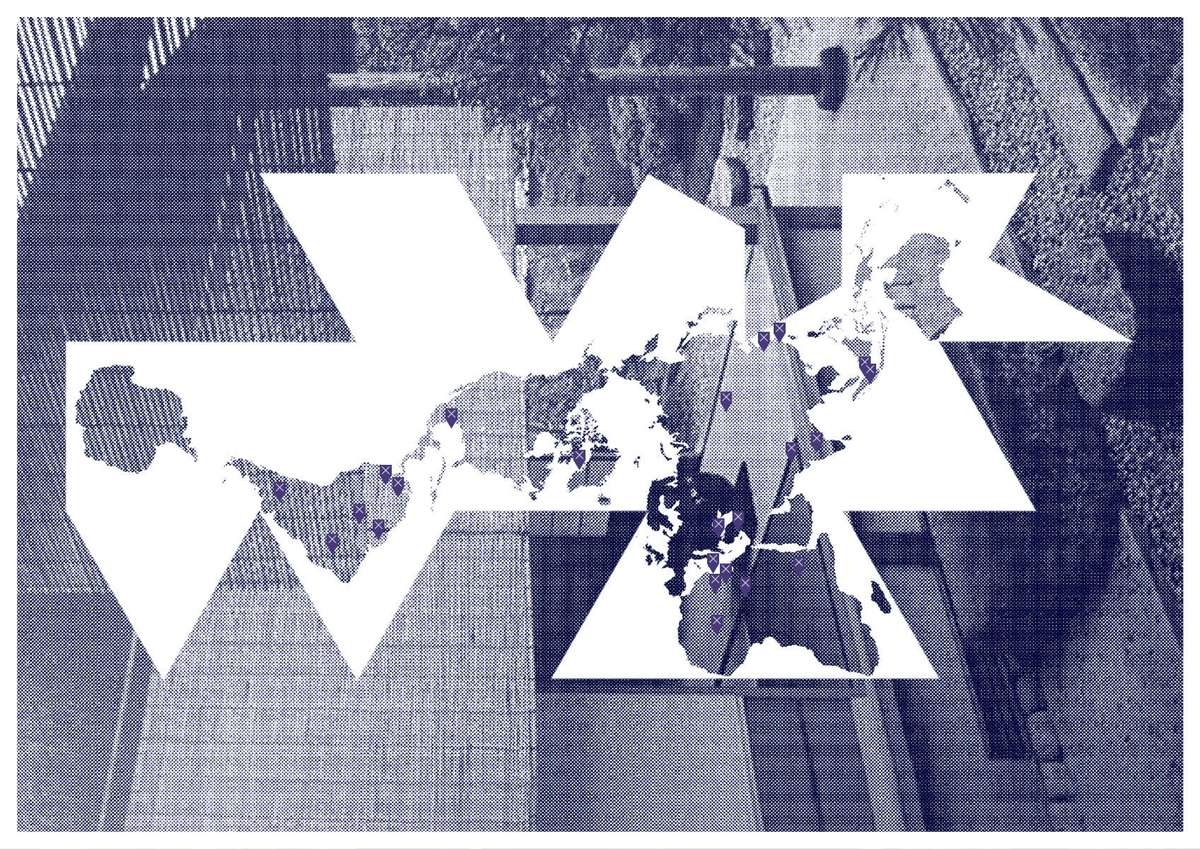
Spaces like Actions is born as a worldwide open-source collection of spaces, continuously open to submissions since its foundation. Everybody can participate sharing a sample picture of a space from his/her culture together with its specific meaning and description. In the last year and a half we collected more than 300 spaces spanning from Australia to Canada, from Chile to Japan, trying to get this immaterial patrimony of local places and uses recognized.
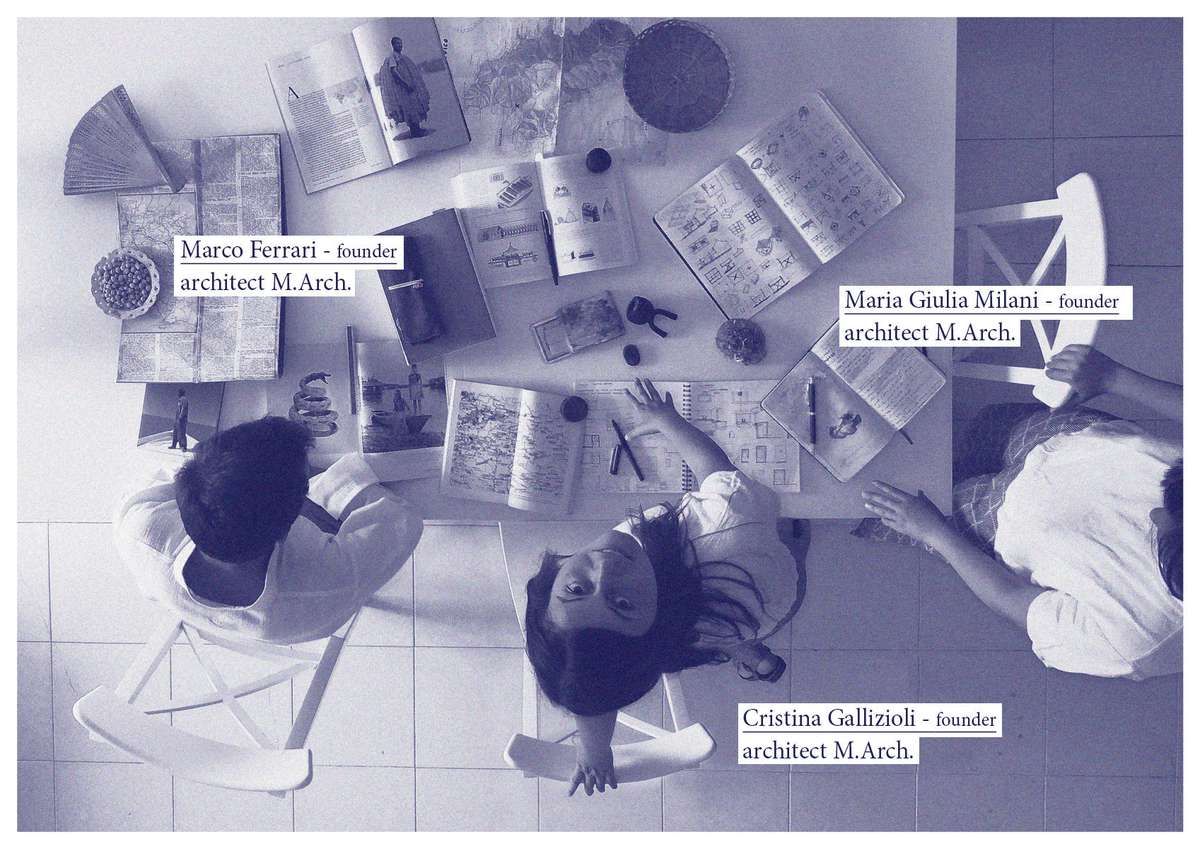
The collective has been founded by Marco Ferrari, Cristina Gallizioli and Maria Giulia Milani and has hosted numerous personal collaborations beside the many submissions, and aims at developing a whole series of on field researches able to nurture knowledge, exchange and participation. The first specific project has interested South East Asia, while is already scheduled an European version in Portugal.
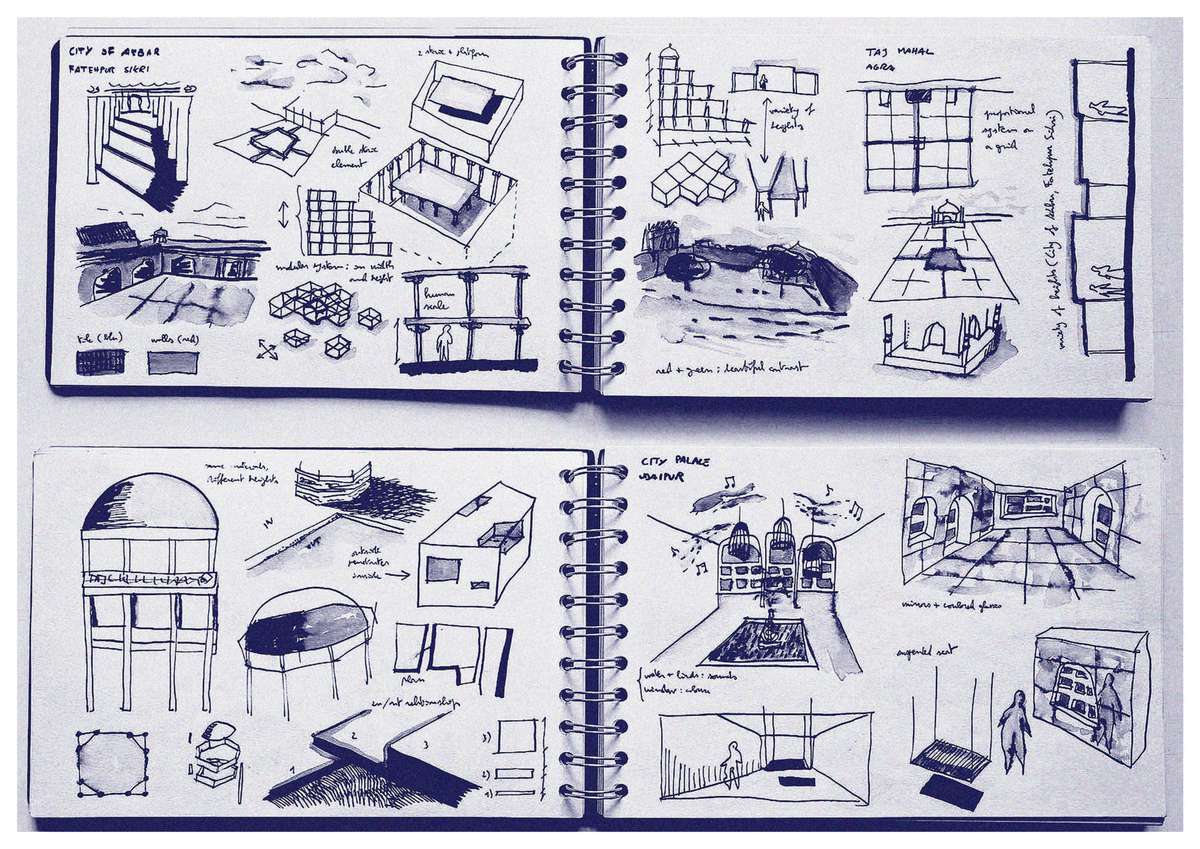
The idea of the project stems from a general interest for alternative architectural concepts, nurtured by a conceptual approach and a fascination for different spatial ideas. Thanks to our experiences at Studio Mumbai in India, Sou Fujimoto in Japan, AHO in Norway and UTFSM in Chile, we have started to widen our spatial awareness on a global scale, being able to incorporate and revitalize elements of different cultures as a fundamental element to expand the architect's consciousness.
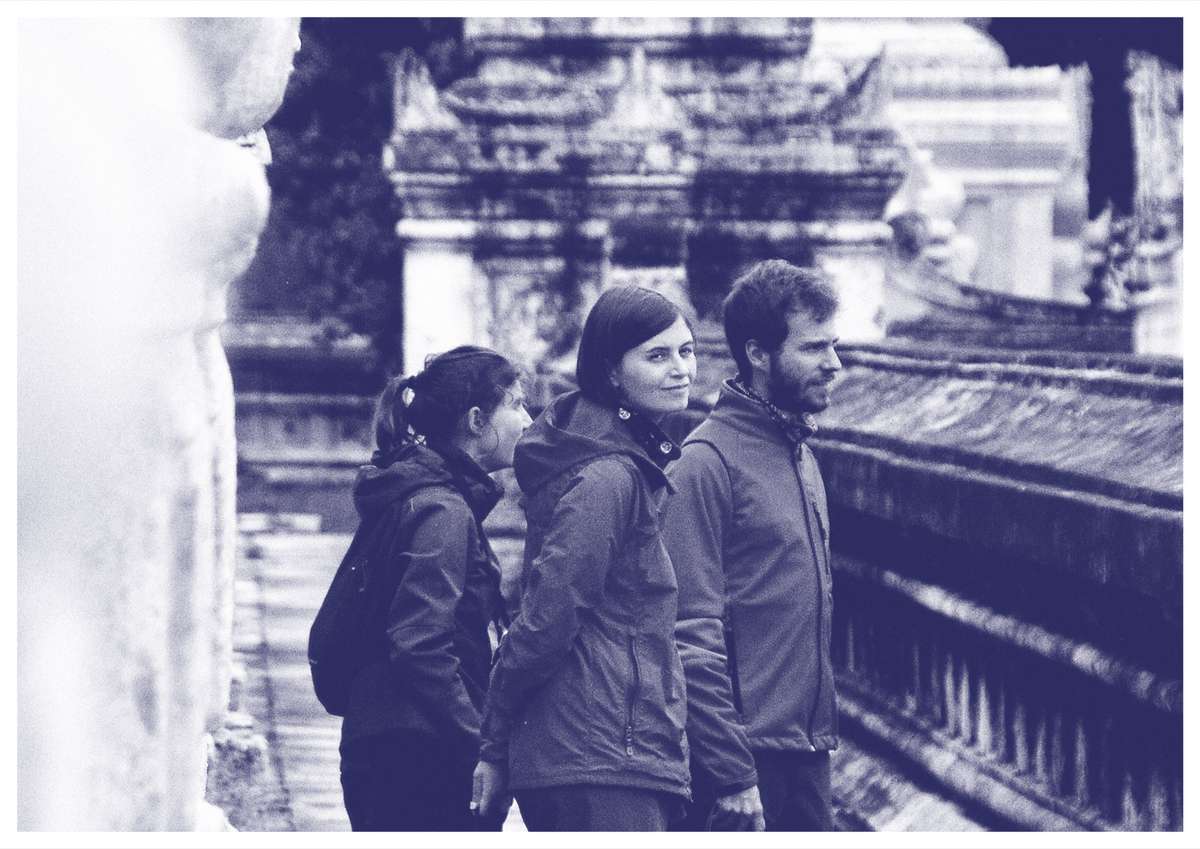
During our stay in Myanmar, Thailand, Vietnam and Cambodia we noticed that the project was acting in two directions, bridging local and global: on the one hand it was creating pride and awareness in the people living these spaces, who where for the first time seeing them not as something outdated or not functional, but as elements of their identity charged with deep meanings; on the other hand it was constituting a whole new range of different concepts to be elaborated and applied by architects.
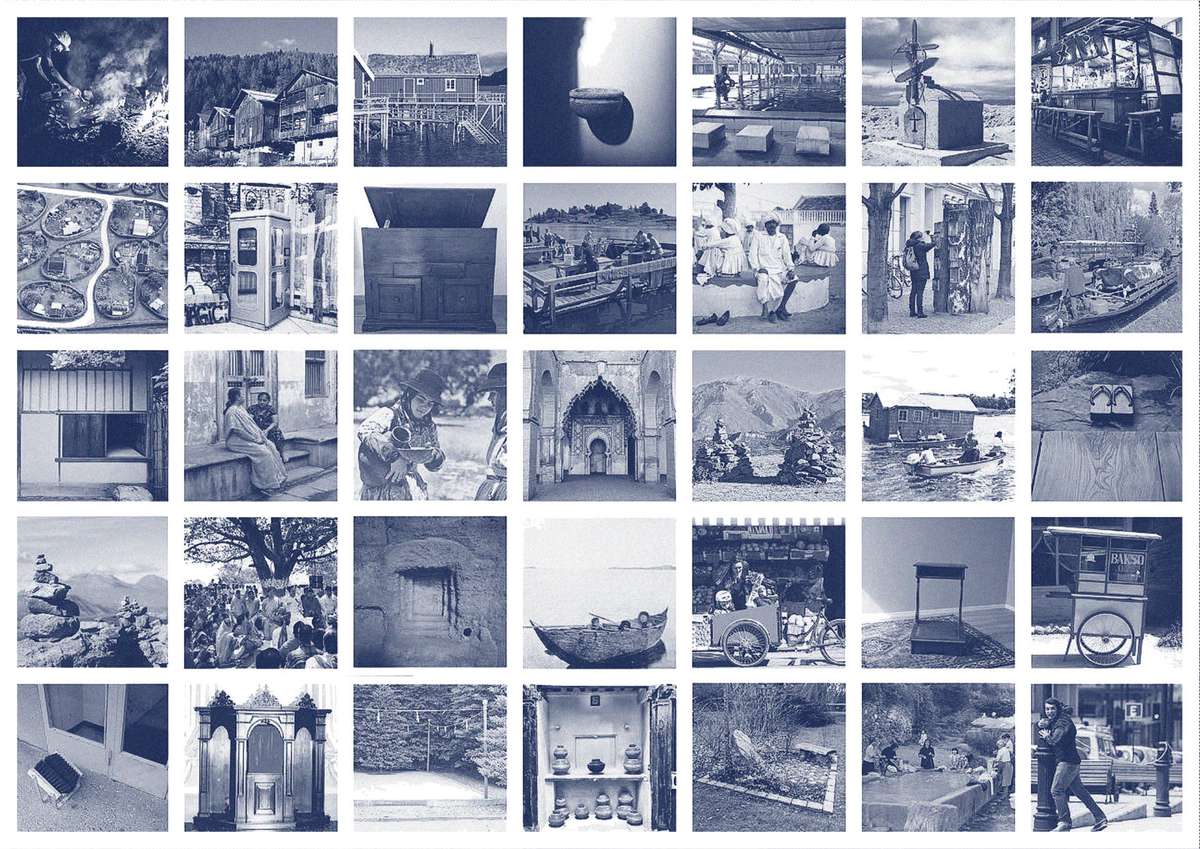
An untranslatable space is a space whose meaning is held by a specific culture: it is not about a different aspect or shape but about a different conception. This is the reason why for every space a picture is not enough to recognize it, but we ask for a proper name to be able to identify it and a meaning involving the original cultural aspects that only can explain it in order to understand it. This process is constituting a social platform for sharing own spaces and related stories.
Spaces like Actions
Spaces like Actions

- Systemic changes
Our globalized living standard, embodied by the average spatial formulation found in an IKEA catalogue, is flattening a range of specific architectural expressions, overlooking some truly innovative spaces which still resist cultural uniformity. Spaces like Actions is a collective global research aimed at building an atlas of all this different, untranslatable spatial ideas, an archive of cultural inventions which differ from the standard by use, meaning or configuration. Each culture responded to the same basic needs with a set of own actions and behaviors linked to the development of specific spaces embodying a meaning, involving a cultural story beyond their simple appearance. There is not just one way of doing things, but a world of spatial inventions to be explored: our aim is to release the imaginative potential of alternatives and different spatial possibilities, illuminating a multitude of possible living models able to enrich architecture with their variety and different ways.
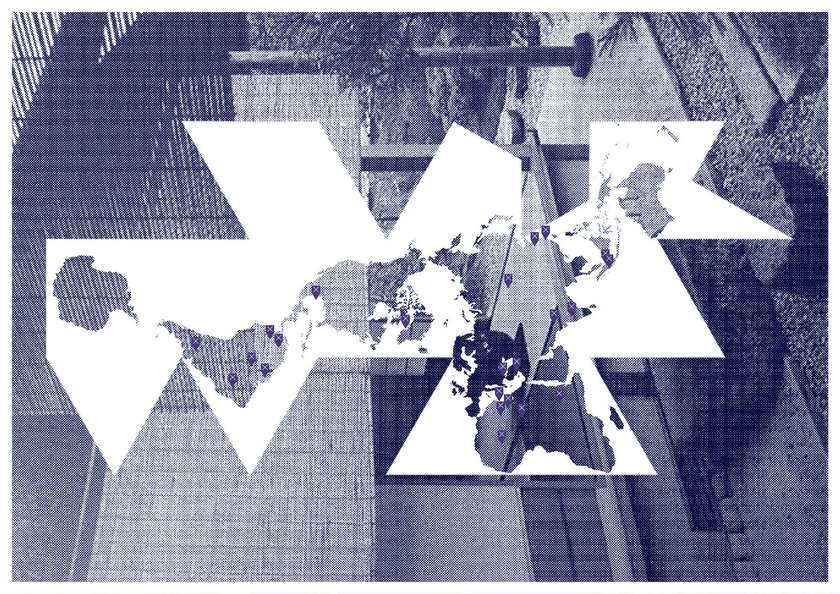
Spaces like Actions is born as a worldwide open-source collection of spaces, continuously open to submissions since its foundation. Everybody can participate sharing a sample picture of a space from his/her culture together with its specific meaning and description. In the last year and a half we collected more than 300 spaces spanning from Australia to Canada, from Chile to Japan, trying to get this immaterial patrimony of local places and uses recognized.
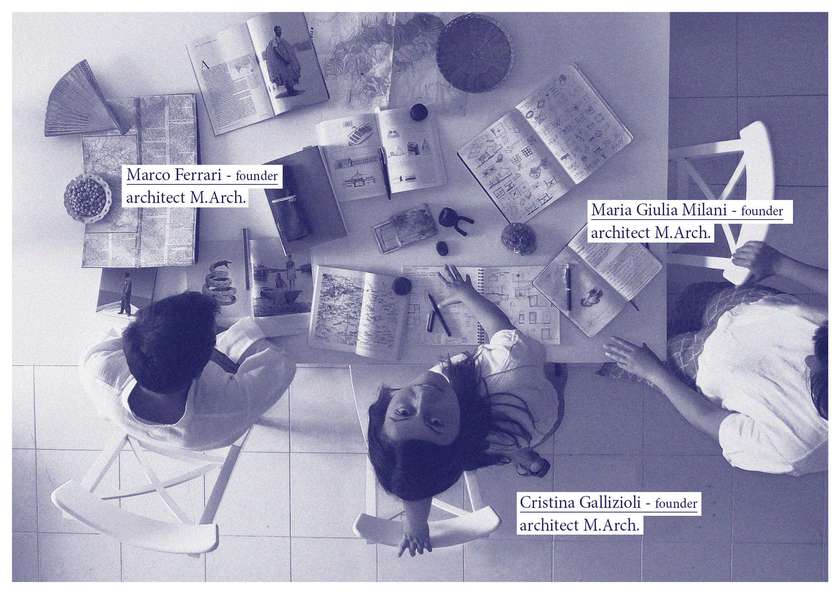
The collective has been founded by Marco Ferrari, Cristina Gallizioli and Maria Giulia Milani and has hosted numerous personal collaborations beside the many submissions, and aims at developing a whole series of on field researches able to nurture knowledge, exchange and participation. The first specific project has interested South East Asia, while is already scheduled an European version in Portugal.
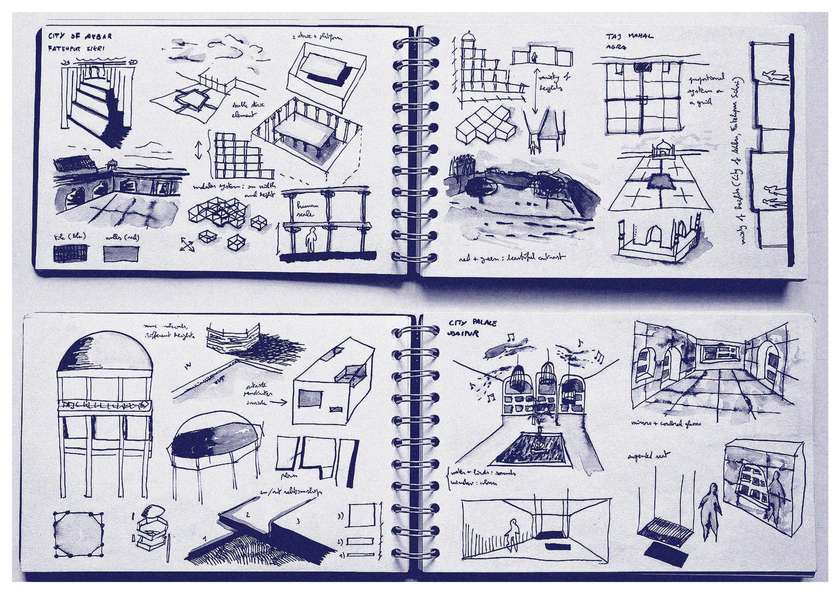
The idea of the project stems from a general interest for alternative architectural concepts, nurtured by a conceptual approach and a fascination for different spatial ideas. Thanks to our experiences at Studio Mumbai in India, Sou Fujimoto in Japan, AHO in Norway and UTFSM in Chile, we have started to widen our spatial awareness on a global scale, being able to incorporate and revitalize elements of different cultures as a fundamental element to expand the architect's consciousness.
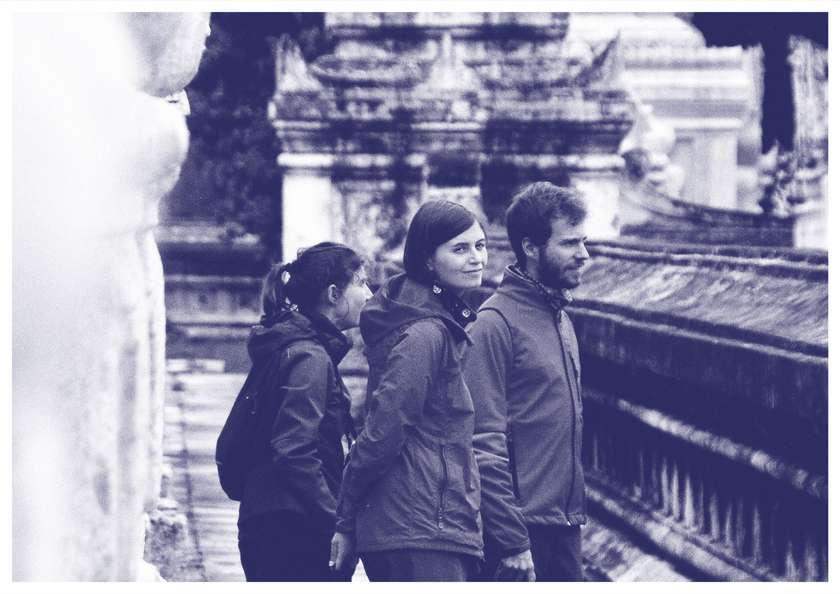
During our stay in Myanmar, Thailand, Vietnam and Cambodia we noticed that the project was acting in two directions, bridging local and global: on the one hand it was creating pride and awareness in the people living these spaces, who where for the first time seeing them not as something outdated or not functional, but as elements of their identity charged with deep meanings; on the other hand it was constituting a whole new range of different concepts to be elaborated and applied by architects.
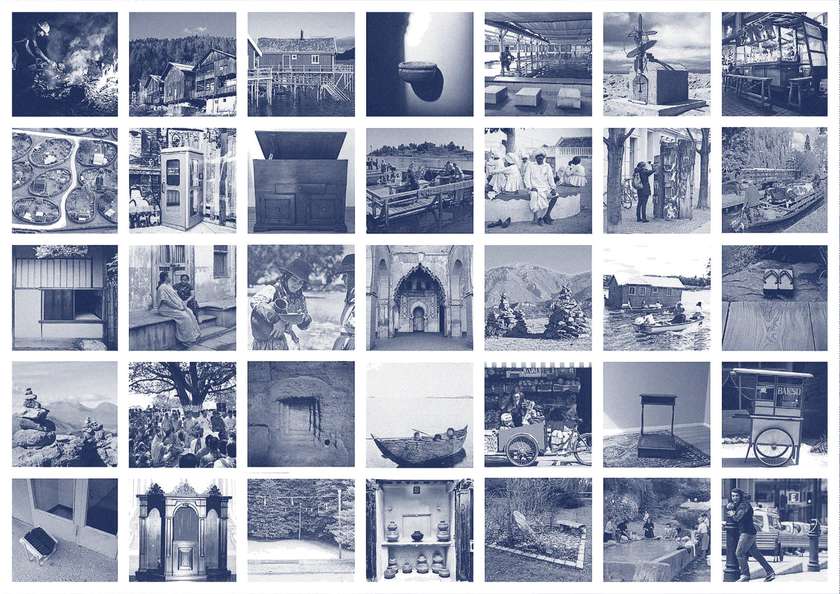
An untranslatable space is a space whose meaning is held by a specific culture: it is not about a different aspect or shape but about a different conception. This is the reason why for every space a picture is not enough to recognize it, but we ask for a proper name to be able to identify it and a meaning involving the original cultural aspects that only can explain it in order to understand it. This process is constituting a social platform for sharing own spaces and related stories.

